Tech billionaire Elon Musk has recently been approached by businessman Andrew Yang, former presidential candidate and founder of the centrist Forward Party, to join the founding of a new political party in the United States. In an interview with Politico, Andrew Yang said he has approached Musk about working with him, but has not yet received a response. However, he remains optimistic about the possibility of a partnership.
Andrew Yang was a member of the Democratic Party for more than two decades (1995-2021) before leaving to found the centrist and progressive Forward Party in 2022. Although the party is organized in 32 of the 50 states, it is currently only officially recognized in Florida.
Regarding the relationship between these two figures, Elon Musk publicly supported Andrew Yang in the 2020 Democratic primary election, when Andrew Yang was known for revolutionary policies such as universal basic income. The connection between these two influential figures is raising the question: Is the combination of technological influence and political reform aspirations enough to create a new political force, breaking the monopoly of the traditional two-party system in the US?
The Need for a Third Party: Existing, but Fragmented
After stepping down from his role as an adviser to the administration on May 30, the relationship between Elon Musk and President Donald Trump quickly deteriorated. Although initially silent, billionaire Elon Musk eventually could not avoid the spiral of conflict. The conflict reached its peak on June 5 when President Donald Trump publicly questioned the possibility of maintaining a friendly relationship between the two. Since then, both sides have continuously launched criticism, accusations and threats back and forth on social media, attracting great public attention.
In that context, Elon Musk suddenly launched a survey on his social media platform, asking his followers to form a new political party. The results were quite surprising: 80% of respondents supported the idea, a remarkably high percentage, suggesting that there is a class of voters looking for change beyond the two traditional parties.
Gallup's most recent national poll (October 2024) also confirms this trend: 58% of respondents said a third political party is needed, although this number is down slightly from 63% in 2023. This reflects a relative dissatisfaction with the current two-party system.
In fact, according to publicly available data, the United States has between 50 and 60 political parties in addition to the two major parties, although most of them operate only at the state level or have very limited influence. The existence of these parties shows that the American system is not completely closed to new political forces. However, their presence also makes clear another reality: the power of the two major parties remains unshakeable.
Legal systems and electoral techniques: Big barriers for new parties
Although the law does not prohibit the formation of new political parties, the technical and administrative regulatory systems at the state level create significant barriers that help protect the position of the two traditional parties. Accordingly, each state has its own requirements for the number and method of collecting signatures to put a new candidate or party on the ballot, sometimes requiring tens of thousands of signatures. In some states, voters registered with one major party (Democrat or Republican) are prohibited from signing third-party petitions, limiting the pool of signatures.
Additionally, many states impose very short deadlines for completing legal procedures, sometimes as little as a few weeks, making organizing impossible without a large-scale infrastructure. The legal and administrative costs of registering in all 50 states can run into the tens of millions of dollars, not to mention the costs of media and advocacy.
Are reputation and financial resources enough to replace political infrastructure?
Elon Musk may be one of the few people who possesses the three key ingredients to challenge the system: money, media influence, and personal fame. But that does not guarantee success without a solid political foundation and long-term strategy.
Moreover, while many people support the idea of a new party, whether they agree on the direction, ideology, or policies it should pursue is another story. Internal divisions and unclear direction have caused many third-party political movements to stall, from Ross Perot’s Reform Party to Andrew Yang’s recent effort.
Amid escalating tensions between Elon Musk and Donald Trump, several Democratic lawmakers, including Rep. Ro Khanna, have openly hinted at the possibility of a political alliance or partnership with Musk. However, according to political scientist Vladimir Vasiliev, Institute of the United States and Canada, Russian Academy of Sciences, Elon Musk is unlikely to ally with the Democratic Party for ideological reasons. Elon Musk's views on economic policy, freedom of speech, and government control are more in line with the right wing. However, this expert also believes that Elon Musk's intervention in politics could change the Republican Party from within, especially when he shows an independent stance from President Donald Trump.
This opens up a remarkable scenario: Elon Musk could become the nucleus of a “reform wave within the Republican Party,” pushing for “a post-Trump direction” focused on technological innovation, free markets, and pragmatism rather than extreme populism.
According to Pavel Dubravsky, director of Dubravsky Consulting, Elon Musk has the financial, media, and influence resources to form a new political party. However, that scenario lacks strategic practicality because the US political system does not support the rise of third parties. First, the plurality electoral system makes it almost impossible for small parties to win seats in Congress . Second, the existence of a third party often has a split-vote effect, weakening the party with similar ideology, which in this case is the Republican Party, not the Democratic Party. Third, if a new party is formed, it will take years to build a voter base, state-level organization, and political credibility - something that cannot be achieved through personal fame alone.
Russian expert Pavel Dubravsky concluded that Elon Musk's creation of his own party could be counterproductive, as it would fragment conservative forces and inadvertently strengthen the Democratic Party's position, something Elon Musk himself may not want.
Hung Anh (Contributor)
Source: https://baothanhhoa.vn/from-technology-to-politics-tycoon-elon-musk-se-thay-doi-trat-tu-luong-dang-my-251614.htm


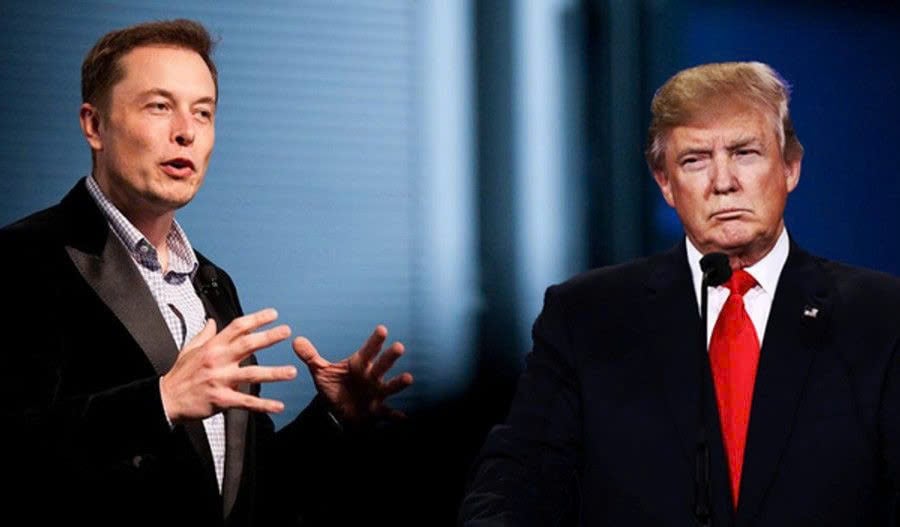
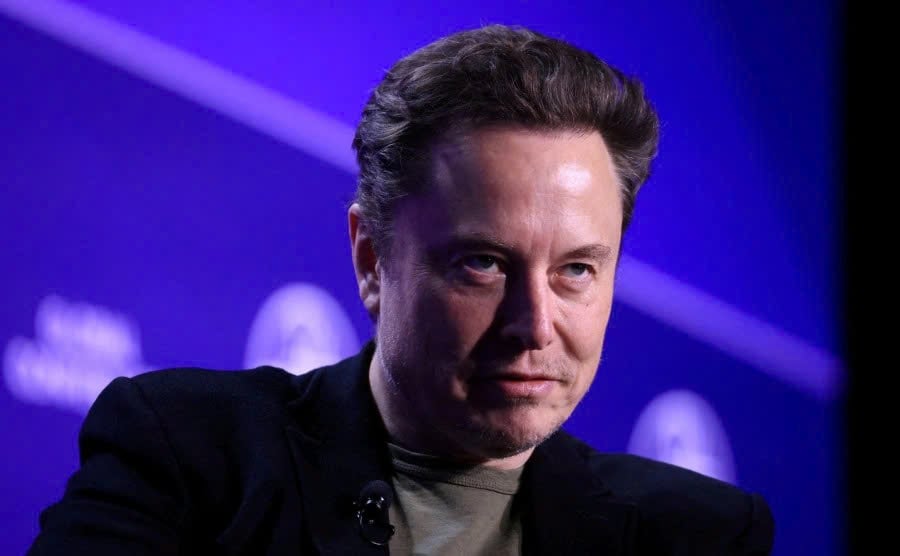



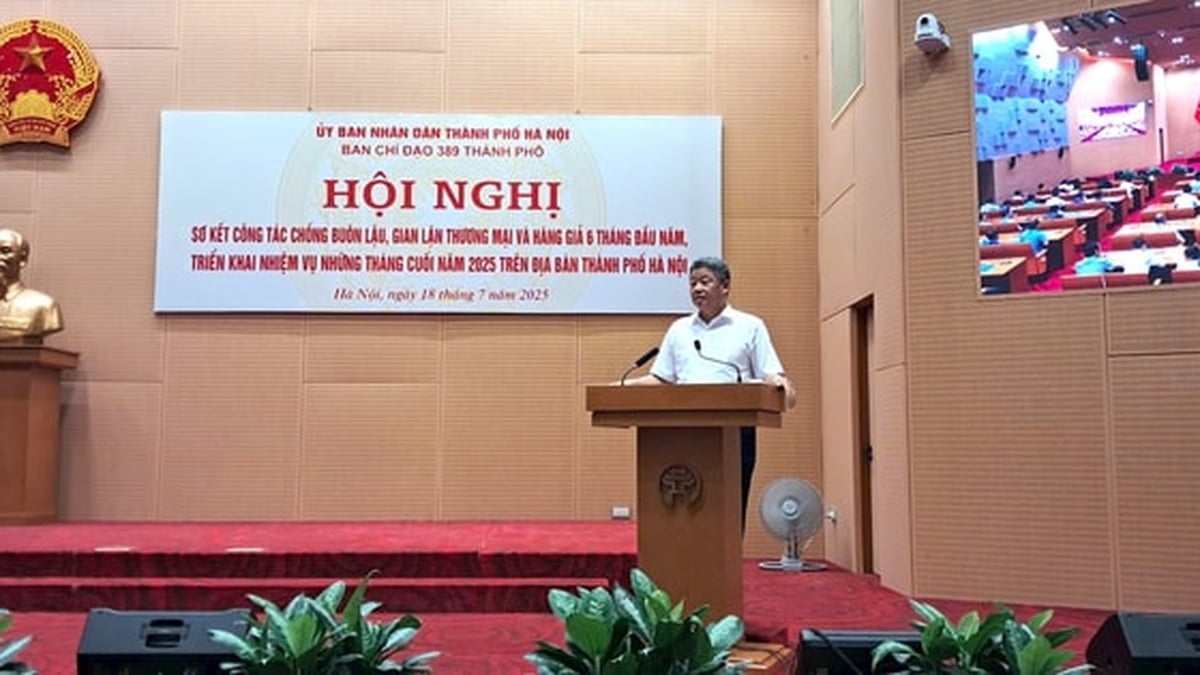





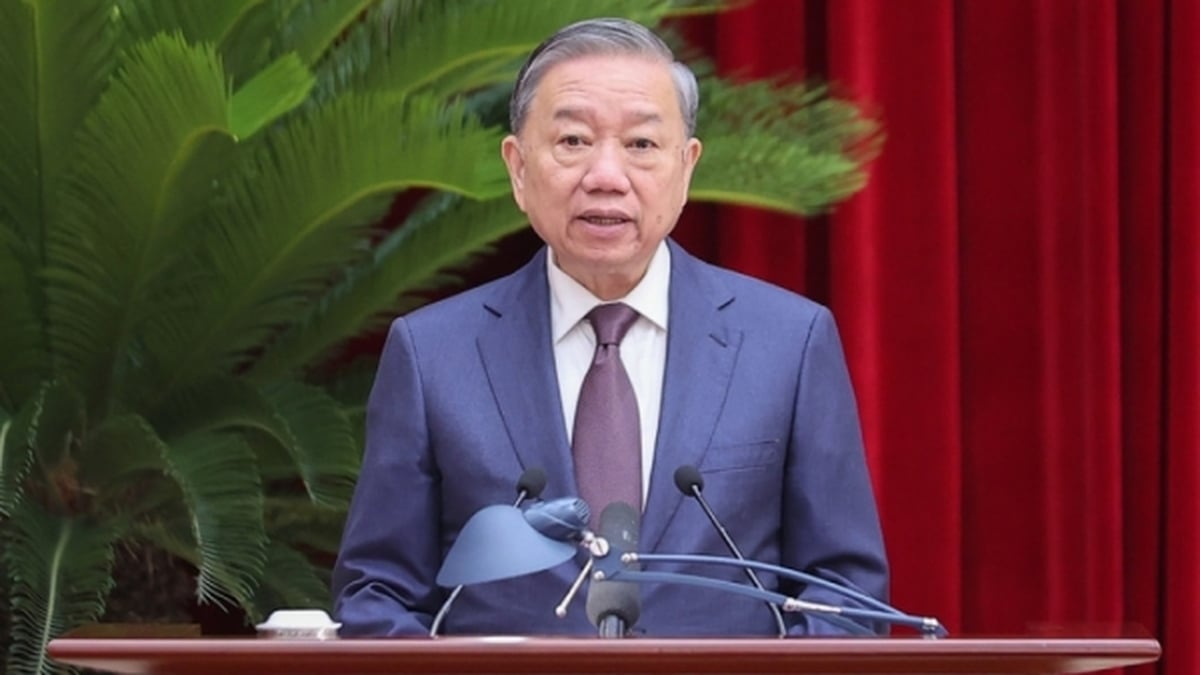








































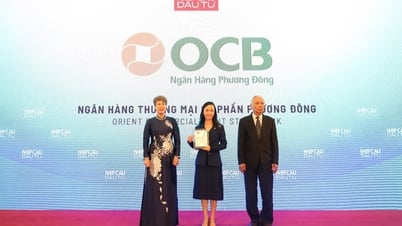









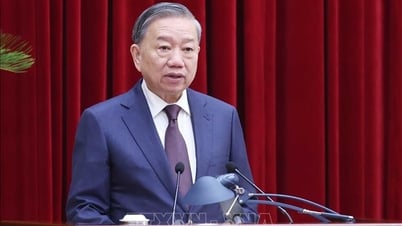

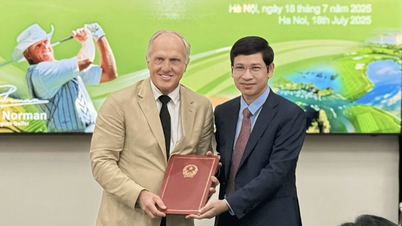

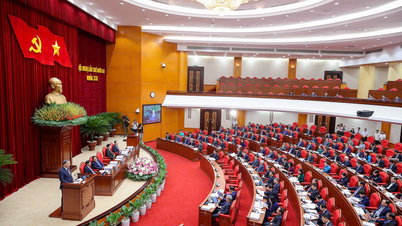









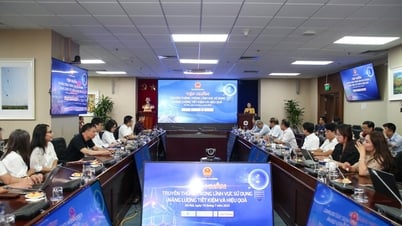











![[Infographic] In 2025, 47 products will achieve national OCOP](https://vphoto.vietnam.vn/thumb/402x226/vietnam/resource/IMAGE/2025/7/16/5d672398b0744db3ab920e05db8e5b7d)













Comment (0)